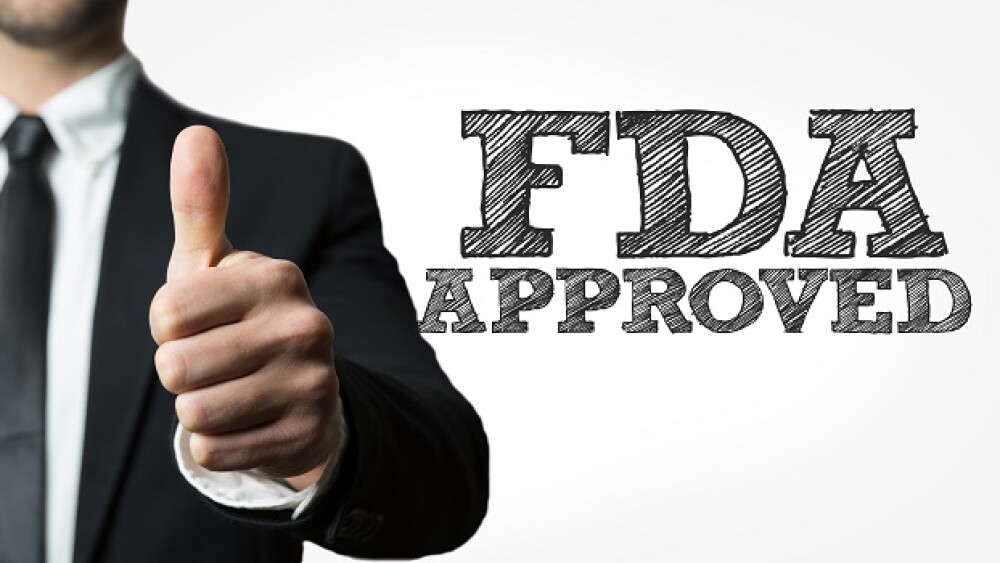The U.S. Food and Drug Administration (FDA) approved Mylan’s Fulphila (pegfilgrastim-jmbd), a biosimilar to Amgen’s Neulasta (pegfilgrastim). The biosimilar was co-developed with Biocon.
The U.S. Food and Drug Administration (FDA) approved Mylan’s Fulphila (pegfilgrastim-jmbd), a biosimilar to Amgen’s Neulasta (pegfilgrastim). The biosimilar was co-developed with BioCon.
Fulphila was approved to reduce the duration of fever or other signs of infection with a low count of neutrophils, a type of white blood cells in chemotherapy patients. It is called febrile neutropenia.
The company expects to launch Fulphila within the next couple weeks.
“I couldn’t be prouder of this approval for Fulphila, the first alternative option for pegfilgrastim approved in the U.S., as it represents an important milestone for patients and further demonstrates Mylan’s continued fight to expand access to medicine,” said Heather Bresch, Mylan’s chief executive officer, in a statement. “FDA’s approval of this product, as well as the agency’s continued focus on biosimilars, mark crucial steps towards lowering treatment costs and providing alternative options for patients. As a leading supplier of cancer medicines in the U.S., Mylan is committed to offering affordable and accessible solutions for patients with cancer at every step of their journey. Enhancing access to treatment has always been our top priority and what we’ll continue to deliver to the healthcare system in the U.S. and beyond.”
Mylan shares rose 5.2 percent to $40.50 at the news, while Amgen’s dropped 1.7 percent to $182.30. Neulasta brought in $4.53 billion for Amgen in 2017, or about 21 percent of total product sales.
Irina Koffler, an analyst with Mizuho Securities, wrote in a note to clients, “Mylan is thus far the only approved biosimilar, and may, therefore, fill the channel ahead of competition.” Koffler estimated Fulphila peak sales of $554 million in 2022.
Mylan and Biocon’s biosimilar toRoche ’s Herceptin, called Ogivri, was approved in December 2017.
Biosimilars are like generic drugs for biologics. The primary difference is that generics are exactly copycats, while biosimilars are “similar” to the biologics drugs they are mimicking. As a result, they must go through an approval process similar to that of new drugs. Although randomized clinical trials are not necessary, the biosimilars submissions include structural and functional characterization, animal study data, human pharmacokinetics and pharmacodynamics data, clinical immunogenicity data, and other safety and effectiveness data.
In a statement about the approval, Scott Gottlieb, FDA Commissioner, said, “Bringing new biosimilars to patients is a top priority for the FDA, and a key part of our efforts to help promote competition that can reduce drug costs and promote access. We’ll continue to prioritize reviews of these products to help ensure that biosimilar medications are brought to the market efficiently and through a process that makes certain that these new medicines meet the FDA’s rigorous standard for approval.”
Mylan and Biocon are exclusive partners on a range of biosimilar and insulin products. The Neulasta biosimilar is one of 11 biologic and insulin products they have co-developed. Mylan has exclusive commercialization rights for the drug in the U.S., Canada, Japan, Australia, New Zealand, the European Union and European Free Trade Association countries. Biocon has co-exclusive commercialization rights with Mylan for the drug in the rest of the world.





